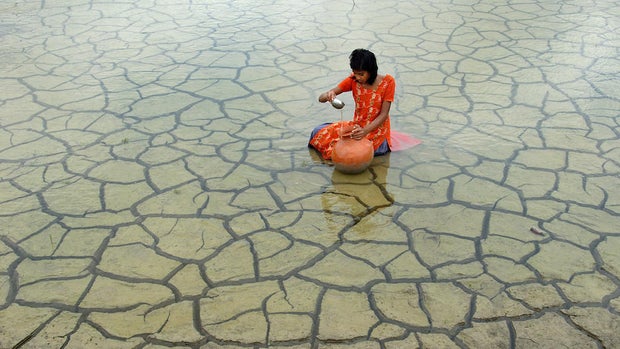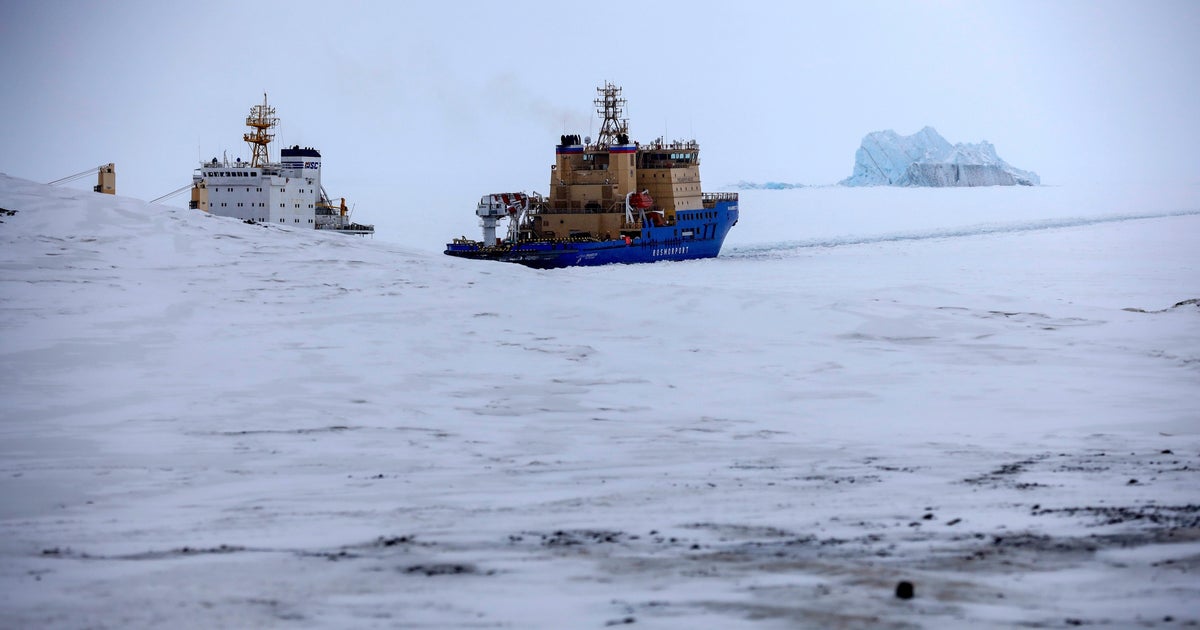Climate change is hurting craft breweries
First it came for the wine. Now, climate change is set to put a damper on the world's supply of beer.
Small breweries in the Pacific Northwest are struggling with a shortage of hops, a key ingredient in beer. Washington, Oregon and Idaho grow almost all the hops in the country, according to the US Department of Agriculture, and those states have seen increasingly harsher droughts over the past few years.
Two years ago, an unusually warm winter led to widespread drought in Washington's Yakima Valley, a situation that could repeat itself this year. Scientists say these warm winters will likely become standard in another 50 years.
"We are reaching this kind of tipping point," said NASA climate scientist Joshua Fisher. "What we've been used to in terms of how much rain we're going to get and how plants grow is no longer the norm."
Ultimately, a smaller crop means hops, and the beer it goes into, becomes more expensive, reports CBS Los Angeles' Chris Martinez.
The US produces about one-third of the world supply of hops, with Germany responsible for another third. But American output dropped by about a quarter last year, thanks to climate change effects.
In the US, some farmers in other states are trying to grow hops, while others are investing in conservation technology to make the most out of the water they do have or switching to other sources of water, like groundwater. That last method has had mixed results because it changes the taste of beer and can lead to long-term groundwater depletion.
Dozens of breweries have also signed on to a "Brewery Climate Declaration," agreeing to take steps to limit climate change such as using renewable energy sources in their production process.




